
Many popular European destinations are implementing new rules for tourists in 2025. After welcoming a record-breaking number of visitors in 2024, cities from Venice to Barcelona have reached their breaking point.
Locals are pushing back against overcrowding, the higher cost of living and housing, and the wear and tear on historic landmarks.
Why Overtourism Became a Problem
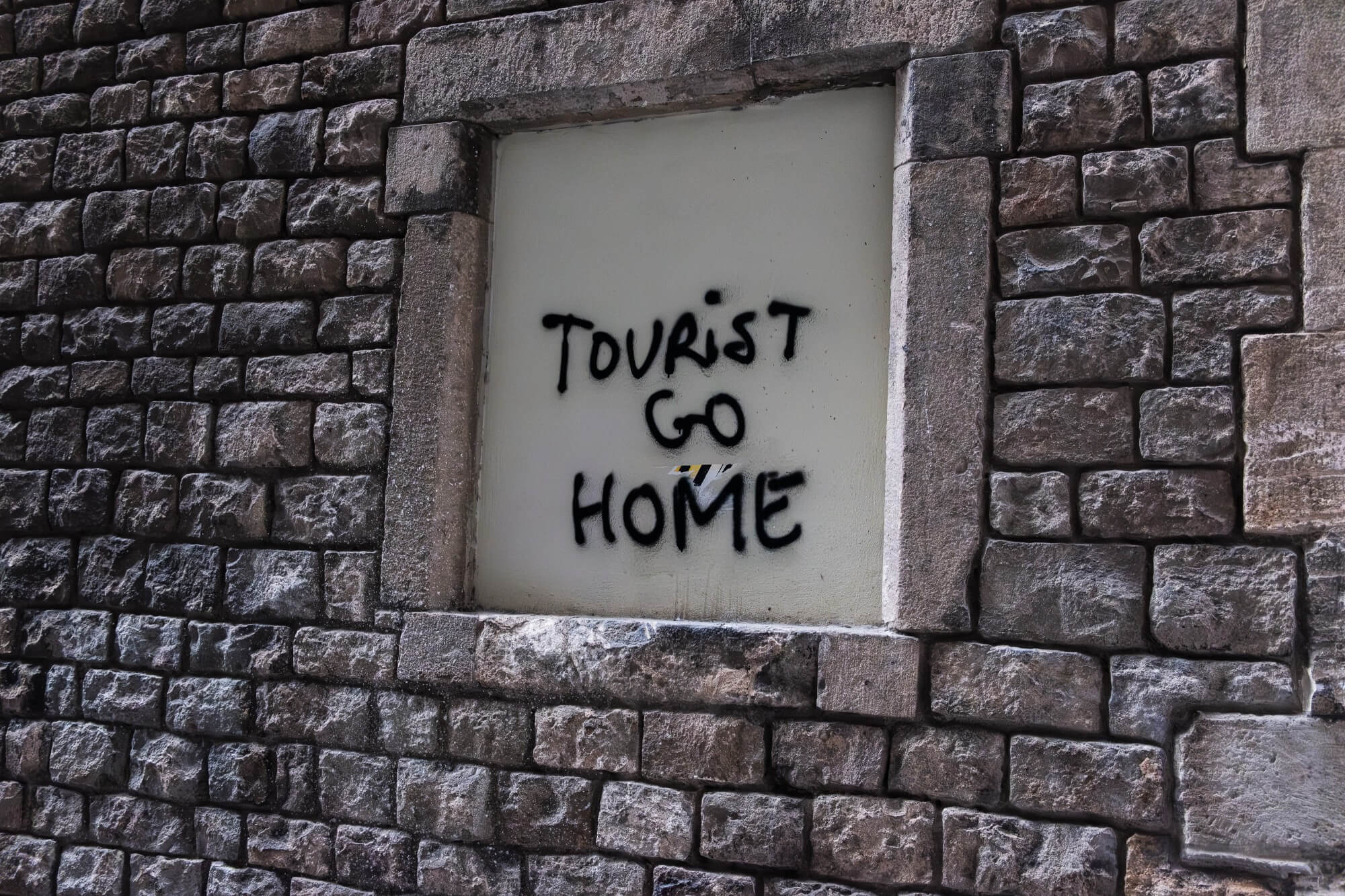
Last year, almost 750 million people vacationed in Europe. Spain’s plazas were packed, Greece’s islands were swarmed, and Italy’s canals were overflowing. For visitors, it was exciting, but for locals, it meant higher rents, crowded beaches, and landmarks under stress. Now, governments are stepping in with new rules to help restore balance between everyday life and mass tourism.
Venice Raises Its Tourist Tax
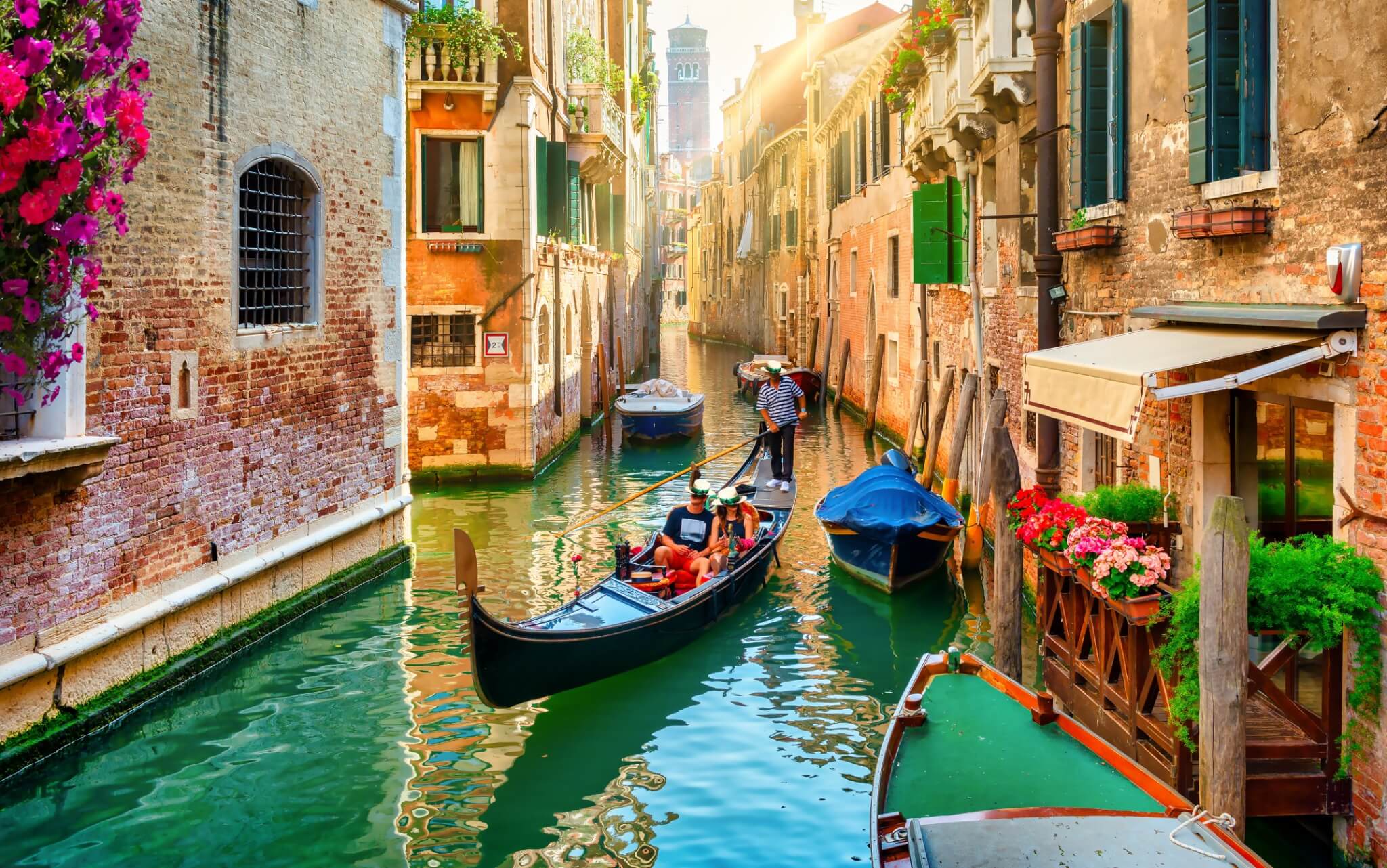
Venice has doubled its day-pass fee to €10 for those booking at the last minute on peak days. Book in advance and it’s €5. Locals pushed for the change, arguing that short visits clog the streets and piazzas while offering little economic benefit compared to overnight stays.
Greece Adds Cruise Passenger Fees
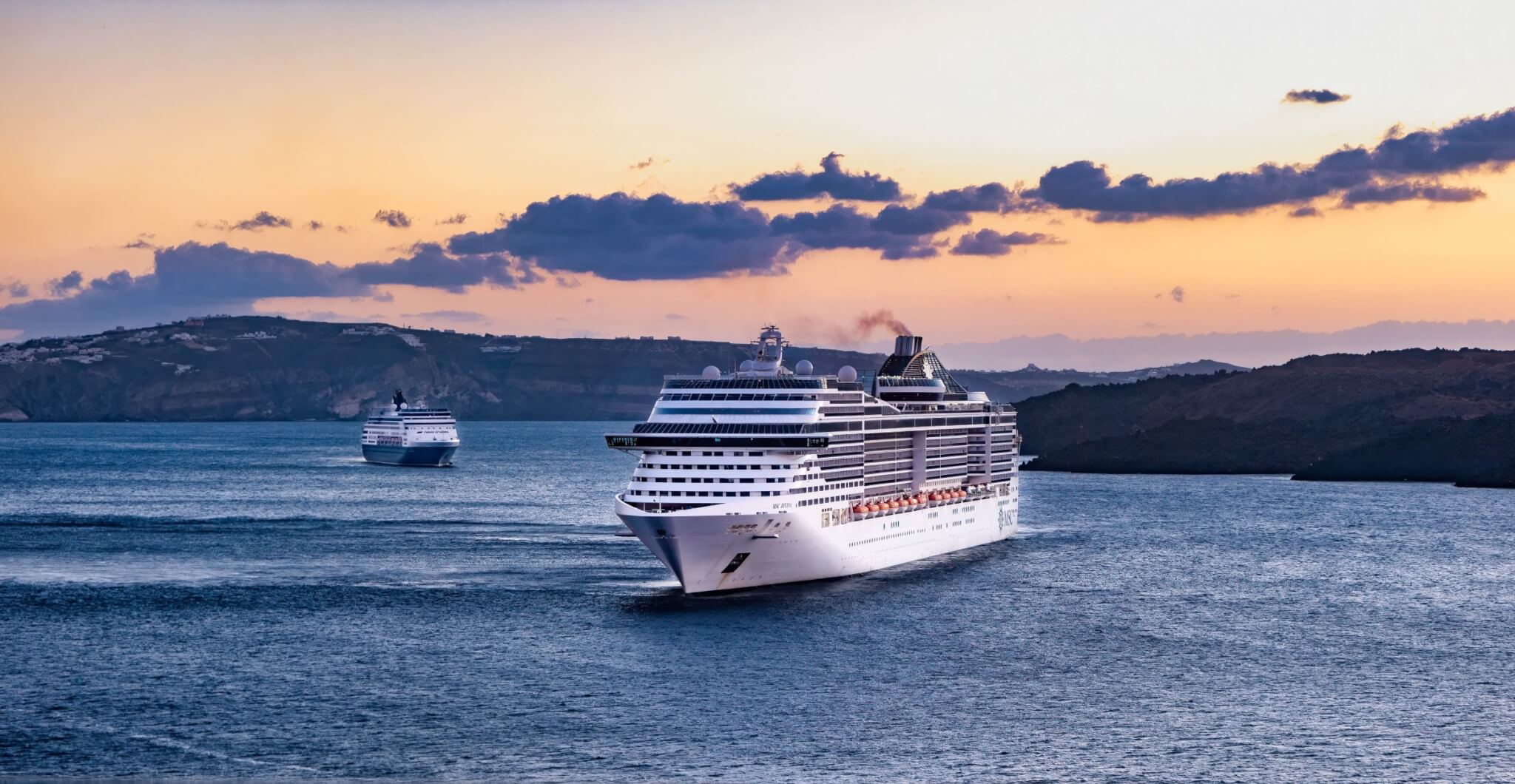
Santorini sunsets and Mykonos beaches come at a cost. Cruise passengers now pay a €20 fee to dock at popular islands, while smaller islands charge €5. The hope is to spread out visitors so that not every shipload congregates in the same spots at once.
Amsterdam Raises Hotel Taxes and Bans Big Ships
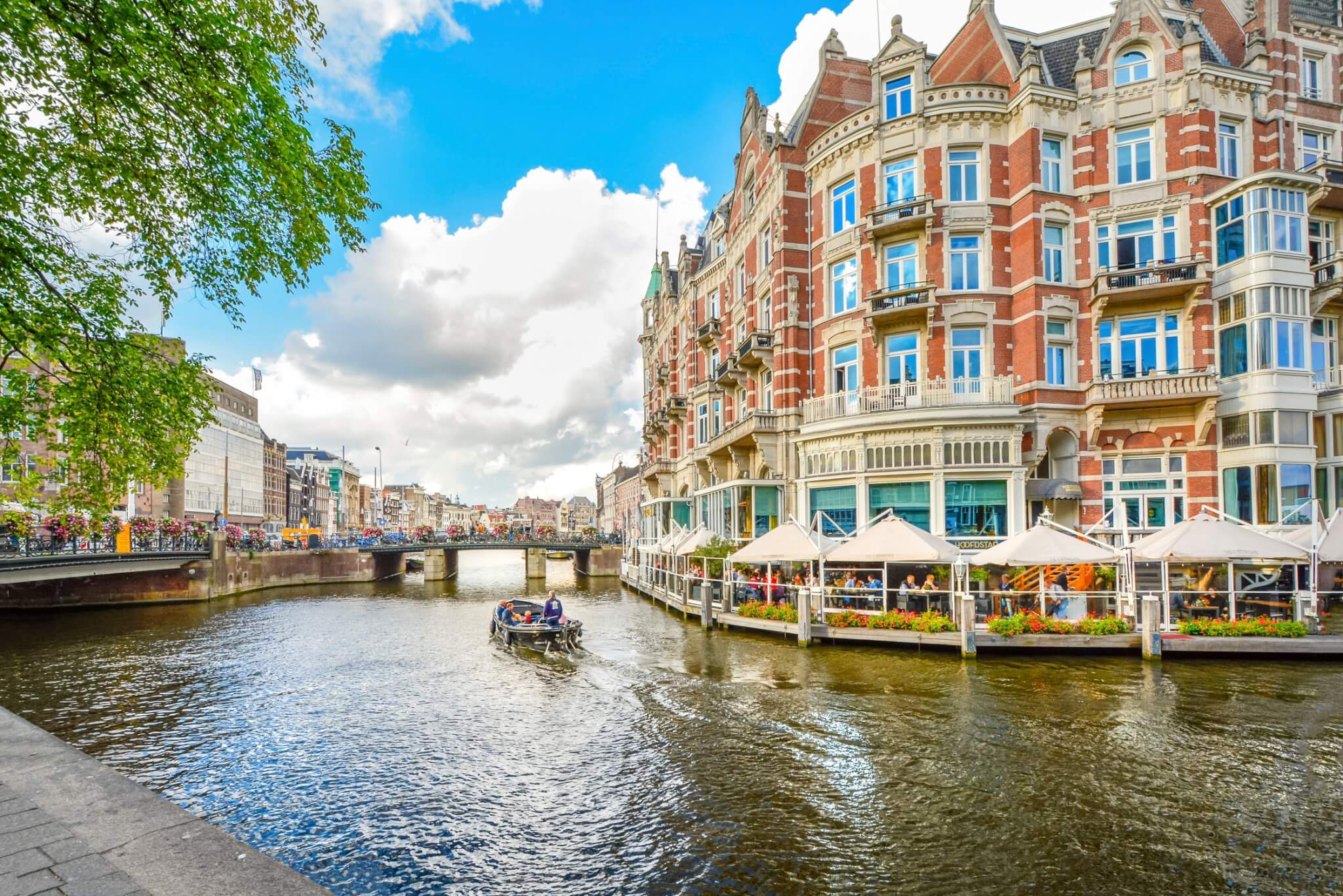
With canals packed and neighborhoods overflowing, Amsterdam is making changes. Locals have been calling for relief, and officials have responded with a campaign aimed at reducing “nuisance tourism” and preserving city life for residents.
Hotel stays now come with a 12.5 percent tax, the highest in Europe, and giant cruise ships are no longer welcome in the city center. Visitors may pay a bit more, but officials hope the experience will feel more balanced for everyone.
Barcelona Plans to End Short-Term Rentals
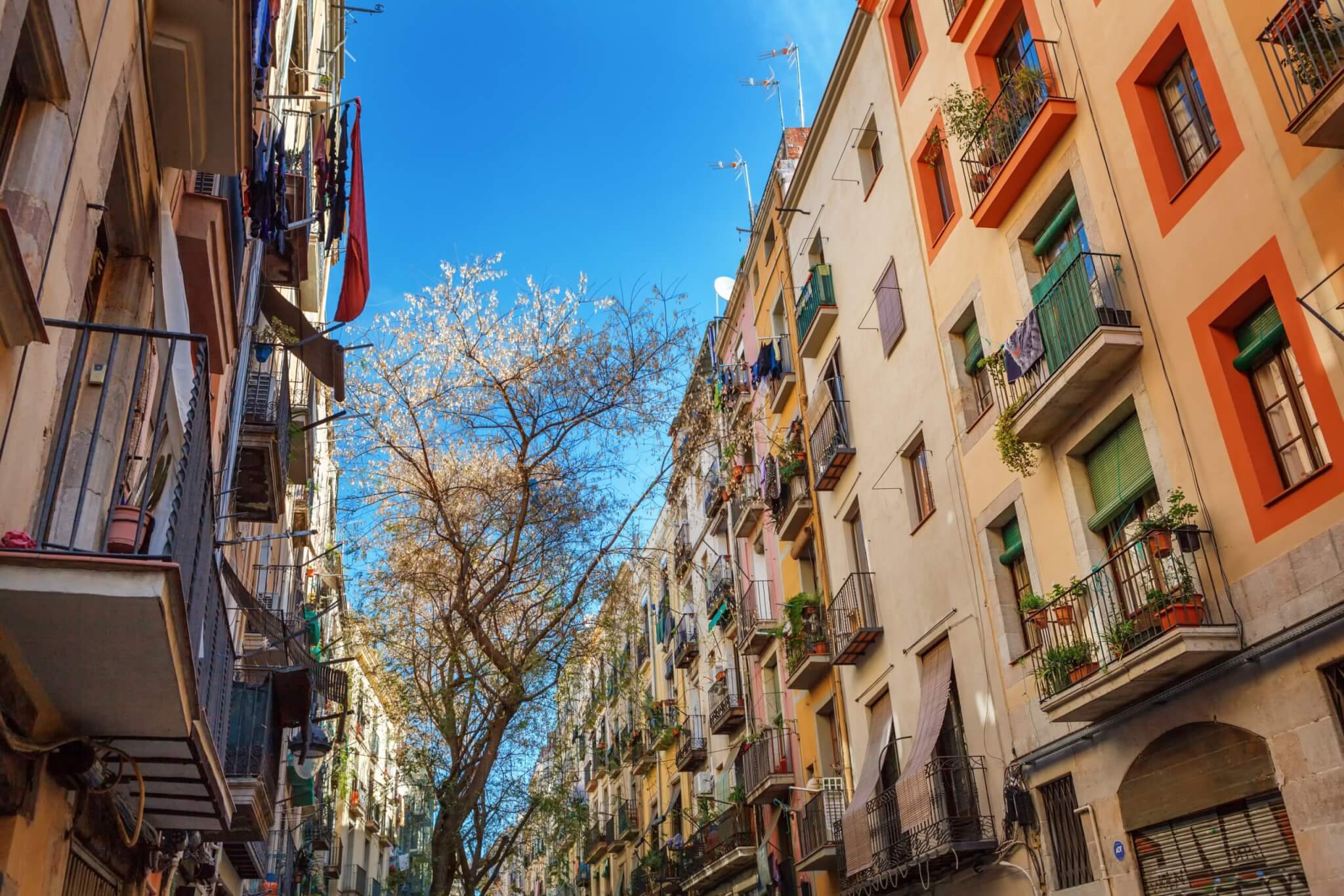
Barcelona has announced that all short-term rentals (including Airbnbs) will be phased out by 2028. After years of rising housing costs, the city is taking a firm stand. Leaders hope the move will ease housing shortages and put homes back in the hands of residents instead of tourists.
Portugal Expands Tourist Taxes

Visitors heading to Lisbon, Porto, or other big cities in Portugal will now pay about €2 per night in tourist taxes for accommodations. Smaller municipalities in the Azores and Madeira have adopted similar taxes to fund infrastructure strained by surging tourism.
Acropolis Tightens Access for Tourists

For centuries, the Acropolis has drawn travelers from around the world. However, with the crowds increasing, Greece has imposed a daily visitor limit of 20,000, accompanied by mandatory time-slot tickets. The move aims to help reduce crowding and wear on the historic site.
Fun fact: high heels are banned at the Acropolis to protect the fragile marble floors.
Sardinia Introduces Beach Reservations
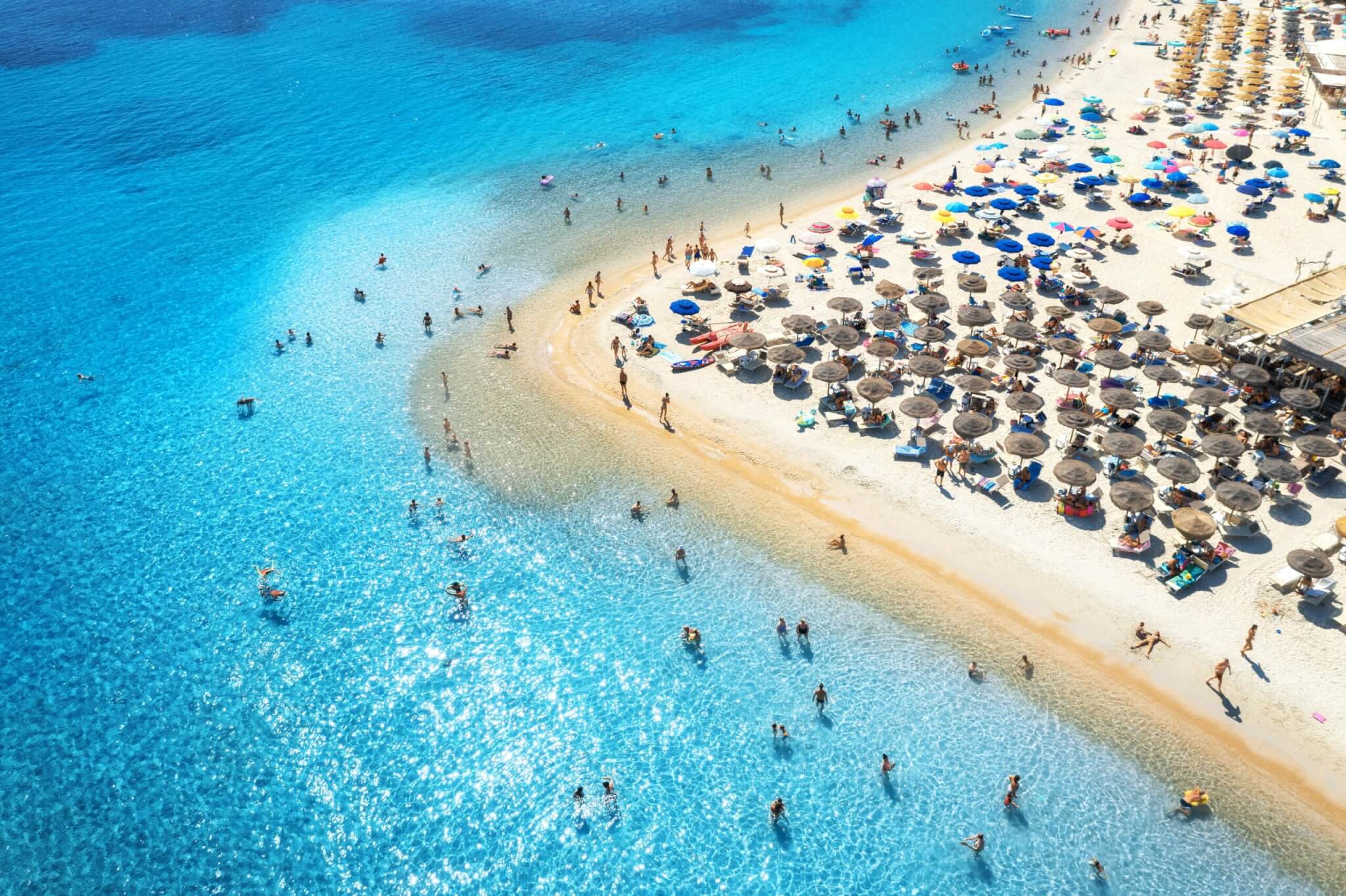
Tuerredda Beach in southern Sardinia is famous for its crystal-clear water and white sand. Still, you can’t just show up anymore. Entry is now limited to 1,100 people per day, and spots must be reserved ahead of time through an app. To keep the beach clean, rules also ban smoking, single-use plastics, and even scooping up sand as a souvenir.
Spain Sets Boundaries

Spain is becoming stricter with unruly visitors. New rules target things like street drinking, pub crawls, or walking around town in just a swimsuit. Even driving in flip-flops can result in a fine. Penalties range from a couple of hundred euros up to €3,000, depending on the offense.
New Outdoor Smoking Ban Across France

France will introduce a nationwide ban on smoking in all public outdoor spaces, including beaches, forests, and city parks. The law is part of a push to fight pollution and protect public health. Fines for violations will be around €114.
Dubrovnik Cracks Down on Bad Tourist Behavior
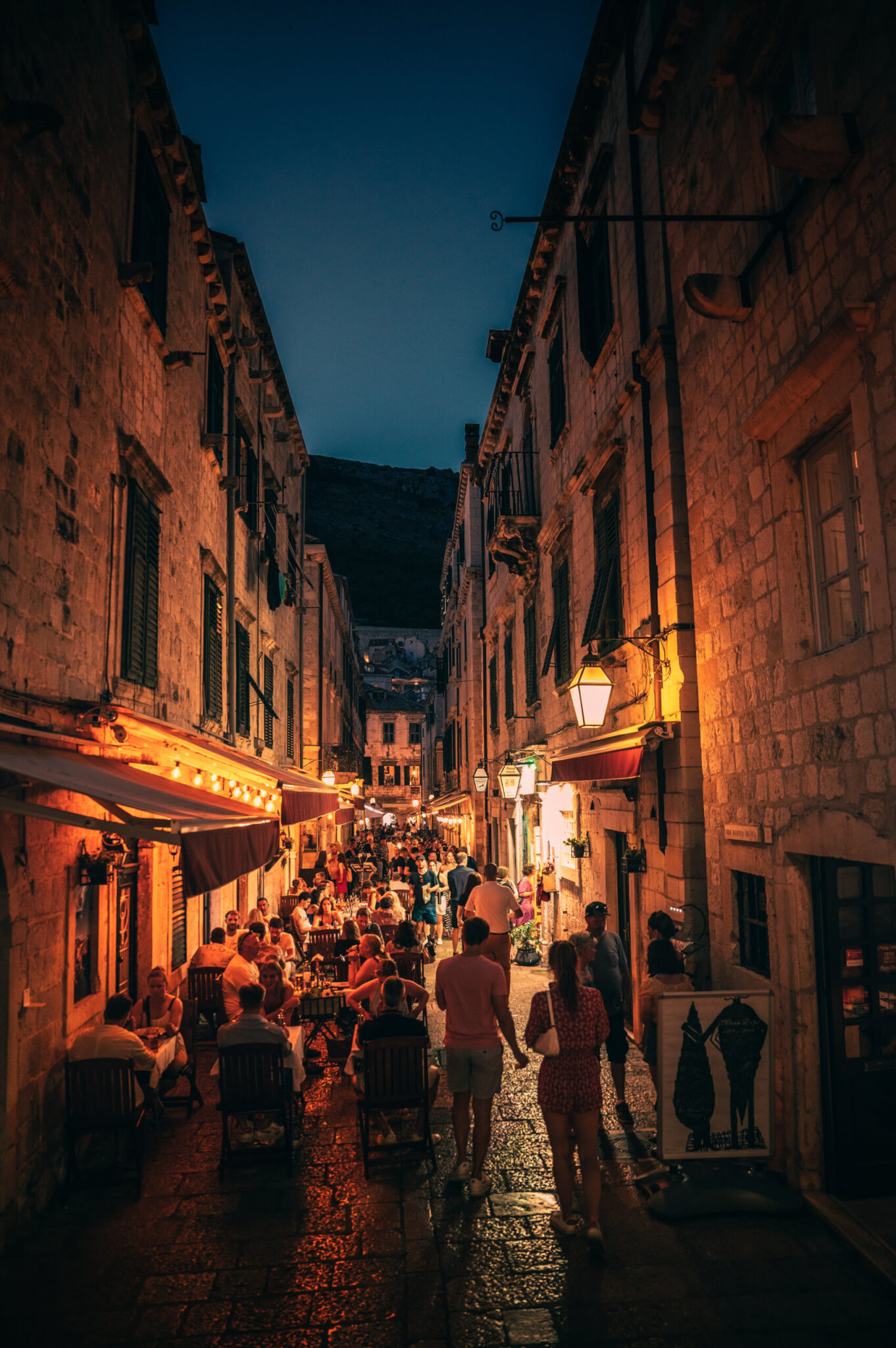
Dubrovnik’s Old Town is stunning, but it’s not built to handle the constant crowds of partygoers. The city began issuing fines for poor behavior in public historic areas, including public drunkenness, climbing on monuments, and sleeping in the streets. The goal is straightforward: protect the historic center and provide locals with some peace.
Europe Adds New Border Requirements

If you’re planning a trip to Europe, be ready for some extra paperwork. Soon, travelers will need an ETIAS permit (€20, valid for three years). Border agents will also check fingerprints, take a quick facial scan, and ask for proof of your accommodations before letting you in.
What Travelers Need to Do Differently

- Book ahead for top attractions like the Acropolis or Sardinia’s beaches.
- Budget extra for tourist taxes and fees.
- Check local laws on smoking, swimwear, and rentals to avoid fines.
- Prepare for borders with documents, insurance, and confirmed lodging.
Europe Welcomes You.. With Conditions

Think of these new rules less as a roadblock to trip planning and more like your best friend’s house rules. Don’t trash the kitchen, don’t smoke in the living room, and don’t climb on the furniture.
Travelers who adapt will often find the experience feels richer and more authentic. After all, tourism should add to a place, not take from it. For more travel tips, news, and hacks, visit our website and explore our resources to enhance your next adventure.
